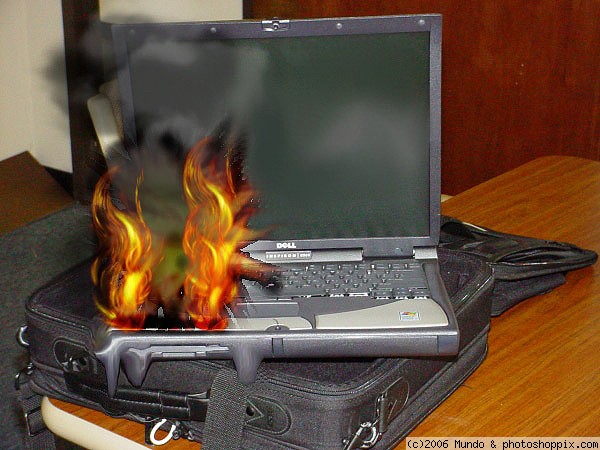
A few years ago, Dell had an issue with Laptops bursting into flames. When it first started happening, Dell tried to keep the story quiet, fix the problem, and get on with business as usual. But the internet community wouldn’t allow them to do that.
Even though this occurred before Twitter gained any momentum, chat rooms and discussion boards lit up with conversations and photographs about the problem. Within just a few days, Dell realized they needed to go public with the explanation of the problem and the solution. The internet demanded the truth.
This vocal and viral community is both a blessing and a curse for PR professionals. The blessing is the ability to rapidly spread news we want to share. The curse? News we don’t want to share spreads just as rapidly, forcing companies to define how they communicate in this age of transparency.
Writing for the Harvard Business Review, Becky Bermont raised two interesting questions about how companies should behave in this new age. She asks:
- Does transparency mean the information shared can’t change?
- Does transparency mean you need to be critiqued?
While she was focused on academia, these questions are valid for small business owners as well. So what do you think? How transparent do we need to be?
